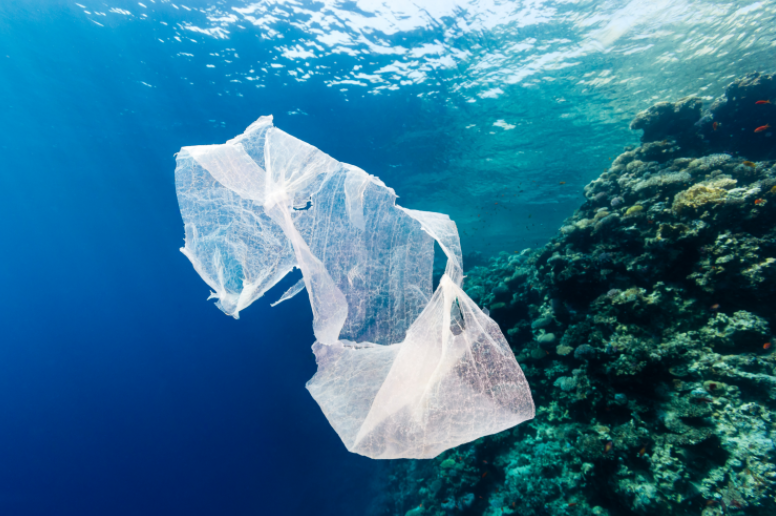150 organisations ask for a ban on oxo-degradable plastics over ocean pollution concerns
More than 150 organisations led by the Ellen MacArthur Foundation (EMF) have issued a call for governments around the world to ban oxo-degradable plastics packaging over concerns regarding the effects of pollution on soils and oceans.

More than 150 organisations led by the Ellen MacArthur Foundation (EMF) have issued a call for governments around the world to ban oxo-degradable packaging over concerns regarding the effects of pollution on soils and oceans.
Oxo-degradable plastics has been proposed as a possible solution to plastic pollution, with proponents claiming that this particular form of plastic degrades into harmless residues over a period of a few months or years.
However, the organisations cite research which concludes that oxo-degradable plastics are actually not degraded but fragmented into very small pieces not visible to the eye and often end up in both soils and oceans.
It is reported that organisations from every stage of the plastic supply chain signed the statement, including Marks & Spencer, PepsiCo, Unilever, Veolia, World Wildlife Fund (WWF), the Bio-Based and Biodegradable Industries Association (BBIA) and ten Members of the European Parliament.
In the statement, EMF explained that in the wake of new evidence, governments should apply the precautionary principle- one of the most important principles of environmental sustainability urging action to prevent potential risks even when scientific proof is not complete, and ban oxo-degradable plastics from the market.
The report reads: “The evidence to date suggests that oxo-degradable plastic packaging goes against two core principles of the circular economy: designing out waste and pollution, and keeping products and materials in high-value use”.
In the UK, Tesco and the Co-operative retailers have already stopped using this type of plastic in their single-use carrier bags.
In France, the use of oxo-degradable plastic bags was banned in 2015.
Rob Opsomer of the Ellen MacArthur Foundation, told online publication TriplePundit: “The available evidence overwhelmingly suggests oxo-degradable plastics do not achieve what their producers claim and instead contribute to microplastic pollution”.
“In addition, these materials are not suited for effective long-term reuse, recycling at scale or composting, meaning they cannot be part of a circular economy”.
Erin Simon, Director of Sustainability Research and Development at WWF said: “Using oxo-degradable additives is not a solution for litter. Their use in waste management systems will likely cause negative outcomes for the environment and communities”.
“When confidential public policy supports the cascading use of materials – systems where materials get reused over and over, this strengthens economies and drives the development of smarter materials management systems. This leads to wins for both the environment and society”.





_400_250_80_s_c1.jpg)
